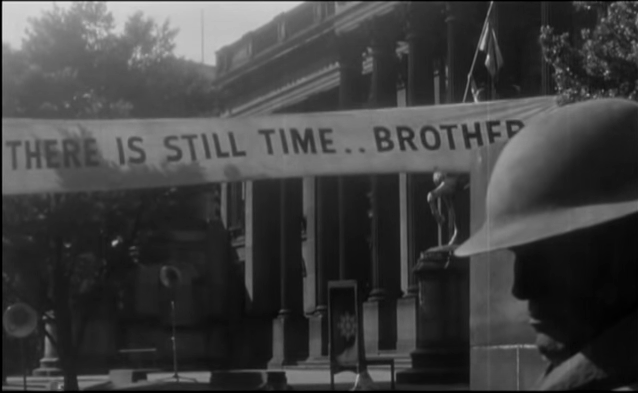Now that we’re nearly 6 weeks into the Assembly development sprint, we Assemblers thought it’d be a good time to start revealing bits and pieces of our projects to our broader blog audience. Even if terms like “differential privacy,” “internet of things,” and “information fiduciary” cause you to shrug or cringe, please keep reading. We promise we’re about to give you a thrilling inside look into our projects using explanations already tested on and approved by our own mothers and fathers. And for those looking to get into the technical weeds, hang tight until we release code on GitHub in April.
Project #1: Clean Insights

There’s no doubt about it: when you navigate to a webpage or open an app on your phone, it’s a magical, seamless experience. Remember those times you logged into Facebook and saw ads perfectly tailored to those gadgets you’d just considered buying on Amazon? Or that time you opened your Uber app on a Saturday morning and it gave you a miraculous suggestion to travel to your favorite coffee shop? Perhaps unbeknownst to you, you at some time provided enough packets of data to these corporations to make such scenarios possible. Data fuel insights, which in turn fuel a beautiful customer experience.
But like most fuel, data generate harmful byproducts (think the car emissions of the 21st century), and irresponsible data collection threatens basic privacy rights, and in extreme cases, physical human lives. To highlight some recent news stories, 500 million people just lost control of their personal data in a major Yahoo breach, while another 11 million people learned that their Vizio smart TVs were spying on them. It might be difficult to put a clear price tag on privacy these days, but it’s certainly not free, and the worst is yet to come.
With these problems in mind, a group of Assemblers has set out to build the Tesla of data analytics, a “clean” statistical tool that enables companies to gather insights on users — like where they live, what they like, what device they use — without compromising their privacy. We’re calling it Clean Insights, and we’re psyched to start giving companies ways to reduce their data carbon footprint.
This all sounds simple, right? We’re going to build a tool to track users without actually tracking them. Yeah, it’s not that simple. In fact, it’s incredibly difficult from a technical standpoint, but we’re lucky to have Professor Cynthia Dwork, the pioneer of a mathematical concept called differential privacy, on our board of advisors (joined by many other wonderful advisors). In a nutshell, differential privacy is like a game of “two truths and a lie” — you put three pieces of data through a magical machine (read: a mathematical formula), and two come out unchanged while one comes out completely jumbled. The key: you don’t know which ones changed and which ones stayed the same, so you no longer trust any of them. With enough data at scale, you can lean on concepts like differential privacy to uncover statistically significant patterns about your users without having to collect and retain individual data points. Problem solved!
As you can see, we have our work cut out for us. Thanks to Assembly, however, we’ve got the combined brainpower of a seasoned privacy app developer at the Guardian Project, a software engineer at Apple, a former product manager at Square, and many, many others, so we’re pretty psyched and hitting the ground running. Stay tuned to see what we put out at the end of our development period in April!
In the meantime, if you’re feeling all jazzed up about joining our efforts to clean up toxic data spills, we’d love to hear from you: Info@cleaninsights.io



Recent Comments